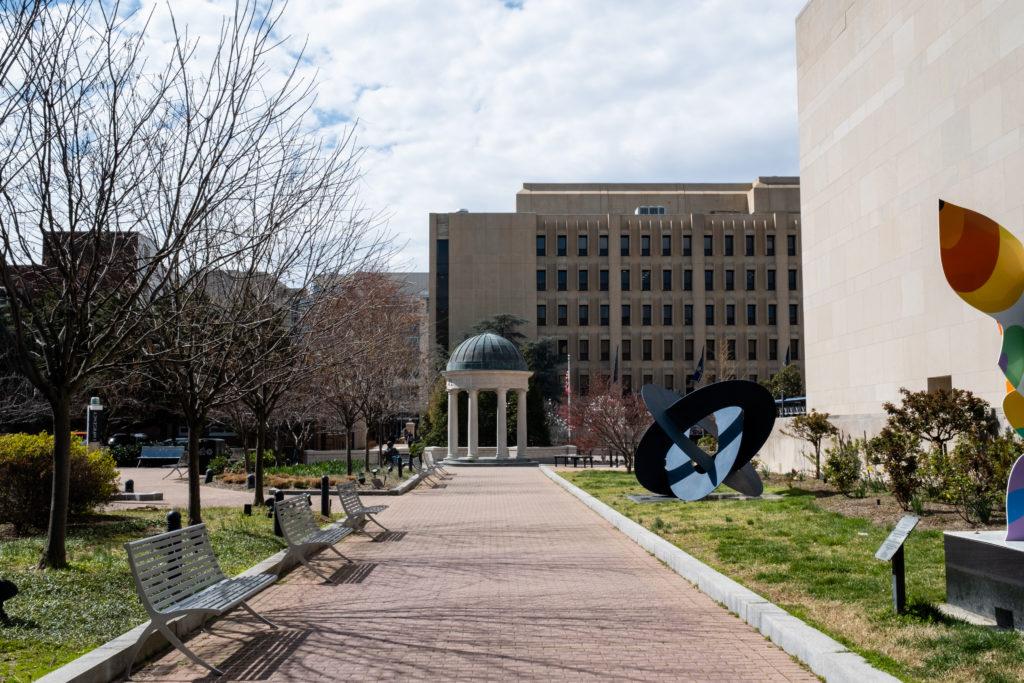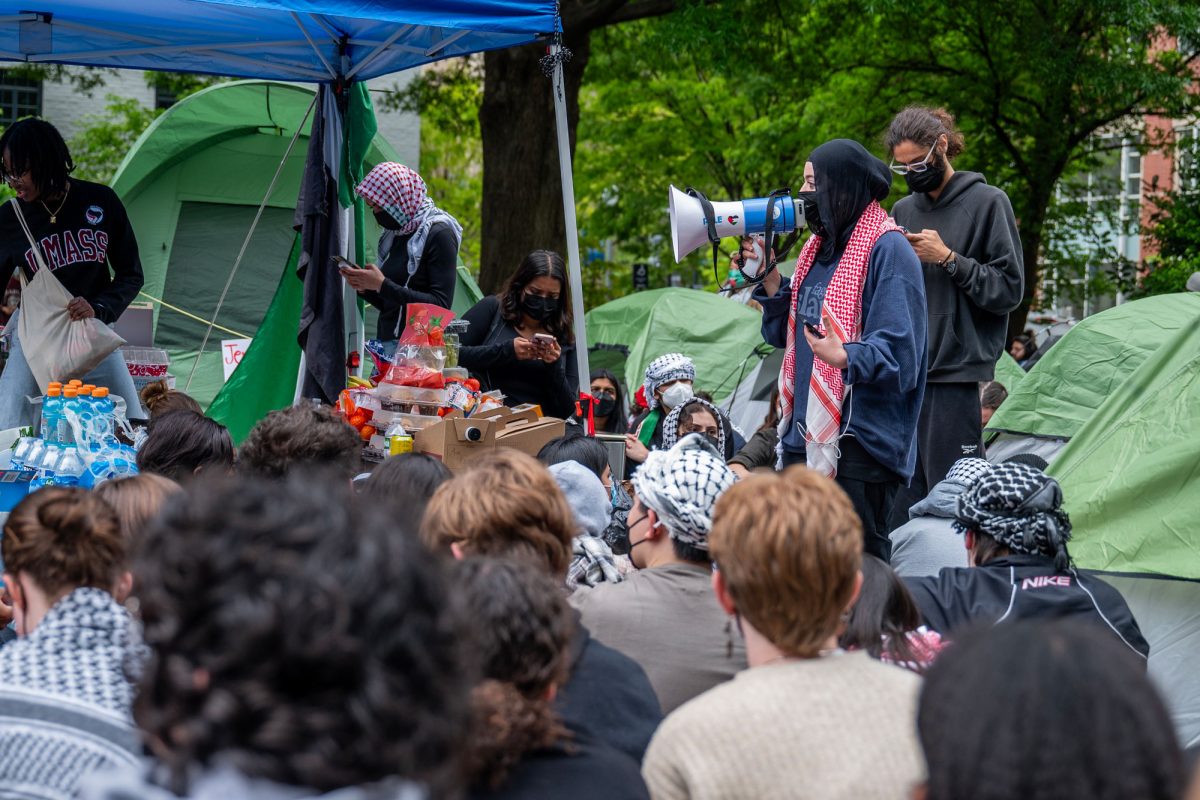As a second full semester of online learning comes to a close, officials continue to express optimism about the prospect of returning to campus this fall.
Officials have consistently said they anticipate returning to campus to the “fullest extent possible” but have yet to make a definitive decision. Administrators announced in March that the University will initiate a phased campus reopening this summer with courses that require face-to-face instruction held in person and other classes held online.
“The local and national COVID-19 vaccination rollout has given our community reasons to be more optimistic for the rest of 2021 that we will see declines in coronavirus hospitalizations and deaths,” officials said in the announcement. “While this is encouraging, our public health and safety experts think it likely that the vaccination roll-out will continue through the summer for many in our community.”
Administrators launched this fall’s on-campus housing application for all students this month. Only 500 students lived on campus last semester before an uptick to 1,500 campus residents this spring.
Officials also announced fall course registration will take place between April 15 and April 26, according to an email sent to students in late March. The schedule of classes states that spring courses were taught remotely but doesn’t specify the format for fall 2021 classes.
Provost Brian Blake said in an email last month the housing process will be “flexible” to meet GW community members’ in-person and remote needs.
“We expect that, in observance of District of Columbia public health guidelines, course offerings will be a blend of in-person and hybrid instruction to ensure a safe learning environment for our community,” Blake said.
Administrators submitted a plan to D.C. leaders last June to get approval to hold the fall 2020 semester in a hybrid format. Officials planned to reorganize classroom spaces to maintain a six-foot distance between students and faculty and to develop programming for students to “connect” with one another despite social distancing protocols limiting large gatherings.
Blake said in early July that more than 200 faculty submitted requests to opt out of teaching in person, but the requests became obsolete when officials reversed their decision in late July and announced that the fall would be fully online.
Faculty who have received the COVID-19 vaccine now say they are excited to teach in person this fall and would feel safer doing so compared to last year.
Officials developed in-house COVID-19 testing services for students currently living on campus and faculty who are approved to have access to campus facilities. They later expanded testing access to off-campus students in September and switched to self-administered tests for on-campus, asymptomatic students in February, which sped up the testing process.
Officials have remained steadfast that fall plans will depend on the speed and availability of the COVID-19 vaccine rollout but have yet to announce whether they will require students to receive a vaccine to return to campus this fall.
LeBlanc said in early April that the University is considering a COVID-19 vaccine requirement, and several schools, like American and Georgetown universities, have announced plans to implement the policy.
“We would build the capability to give the vaccination, order the vaccines – all of that good stuff – assuming we have the right to do it,” LeBlanc said in an interview earlier this month. “It’s just right now we don’t, and we have no indication from either the federal government, the CDC or the District as to when that might happen.”
Lynn Goldman, the dean of the Milken Institute School of Public Health, signaled support for a vaccine requirement earlier this month.
“I’m hearing also from parents that they would be more comfortable if they knew the professors also were immunized,” Goldman said. “We’re going to be eager to hear from the faculty about their feelings about these issues, but I believe we have a much better chance of having a full University experience for our students and much more ability for our faculty and staff to feel confident about the safety of the campus if we have everyone possible [vaccinated].”
At a January Faculty Senate meeting, LeBlanc said rising COVID-19 vaccination numbers are providing “much-needed hope for brighter days ahead.”
The vaccination process has picked up in the District in recent weeks with more than 4,000 doses administered daily. Almost 30 percent of D.C. residents have received at least one dose of the vaccine, city officials report.
Students living in the District became eligible to receive the vaccine last week, when D.C. opened appointments for all city residents 16 and older. University officials said in February that out-of-state students currently living in the District would be treated as D.C. residents for vaccine distribution, so they can receive the vaccine in the District when they are eligible.
“Throughout the spring, our teams will continue to closely monitor public health conditions, vaccine distribution and any local and federal guidance that could affect our planning,” LeBlanc said in an email to the GW community last month. “We are increasingly optimistic about what we are seeing. As always, safety, care and our commitment to fulfilling our academic mission will guide our decisions, and we will incorporate flexibility into our plans wherever possible to meet the varying in-person or remote needs of our community.”







